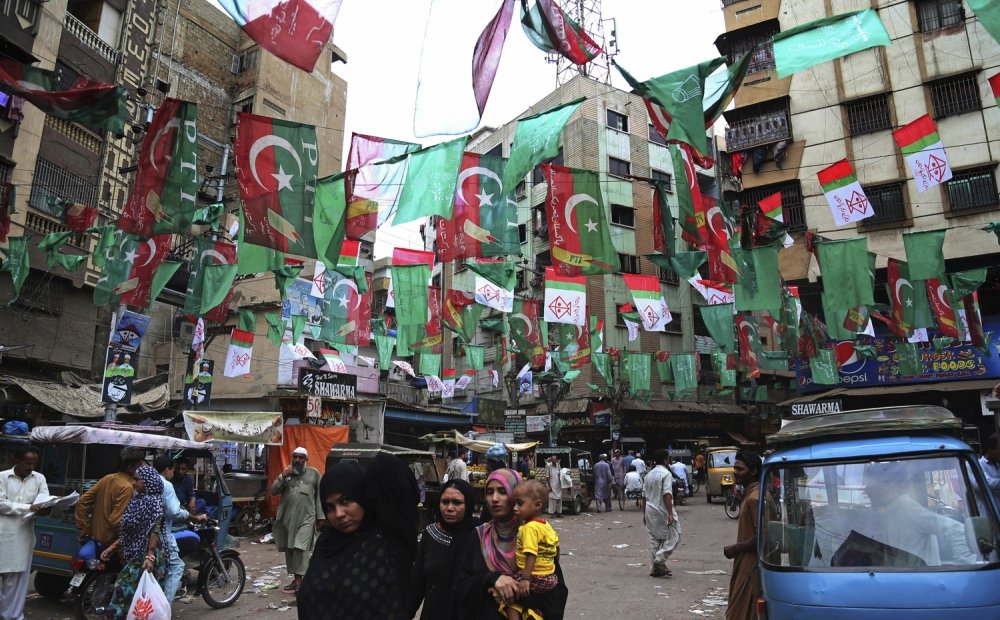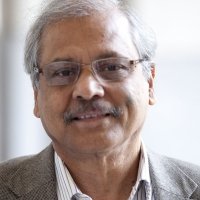Ground Truth Briefing | Elections in Pakistan: What to Make of the Results?

On July 25, Pakistanis headed to the polls for a closely contested election at a turbulent time for the country. The campaign was dominated by charges of corruption against the ruling party — resulting earlier this month in the sentencing of former Prime Minister Nawaz Sharif to 10 years in prison — and accusations of electoral meddling by the country’s powerful military. In the days before the election, Pakistan was rocked by several mass-casualty terrorist attacks on electoral candidates.
On the day after the election, a trio of experts in Pakistan weighed in on the results and discussed the broader implications for the country and the United States.
Selected Quotes
Jane Harman
“[Pakistan] has enormously good resources, very capable people, and could have a great future in the region – and I would just hope that that’s what happens.”
Michael Kugelman
“Many observers had expected a PTI victory, but not necessarily with this type of margin. Many thought that the winning party would fall far short of a majority and struggle to find enough partners to fill in the gaps for a coalition, which would have necessitated a weak and divided coalition. But, on the contrary, what appears to be playing out… is the opportunity for a pretty strong PTI-led coalition.”
“I think the big thing to highlight here is that this completed election will mark ten years of uninterrupted civilian rule Pakistan, and I think that’s a feat, given the legacy of military rule over Pakistan’s history.”
Pamela Constable
“I think there’s a lot at stake here. We don’t have a final count, we don’t have a final result, [and] I think we are going to see a period of confusion and turmoil and controversy rather than the statesmanlike vision Mr. Khan laid out in his speech today.”
“I’ve often felt that Pakistan has an extraordinary, extraordinary potential in human capital that has been very, very badly underserved and underutilized… If Pakistan’s state… makes a serious investment in its enormous youth population, in its enormous potential for human development and building the economy, I think it could really turn around. I think Pakistan has all the potential in the world to be another Mexico.”
Zahid Hussain
"The positive thing that we are watching is a second democratic transition... Despite all the [election’s] problems and the crisis, I think this also shows that Pakistani democracy, despite some turbulence, is strong, and it will continue."
"Imran Khan has come at a time when the country probably is faced with the most critical situation – particularly, the economy, which is very bad... So, this is the first problem and the most important problem that the new government will be facing. The second thing is, obviously, militancy and extremism."
Mosharraf Zaidi
"What's also really interesting is that some of the PML-N victors in this election are folks that had really complained very strenuously about the pressure they were facing in the pre-poll stage from the intelligence agencies and security establishment. Some of those guys, not all of them, but some of those candidates have come out and won thumping victories. So, that's going to maybe put the breaks, a little bit, on how robust that criticism might be."
"On the election day, I am sure there were constituencies that were pushed one way or the other, not necessarily by the intelligence agencies alone, but by candidates themselves. There's always that kind of push and pull in an election, in any country. But overall, I don't think that PTI will have a very difficult time establishing the legitimacy of its right to rule. "
Speakers
Freelance Writer, and Former Pakistan and Afghanistan Bureau Chief, The Washington Post

author and journalist
Introduction

Moderator

Hosted By

Indo-Pacific Program
The Indo-Pacific Program promotes policy debate and intellectual discussions on US interests in the Asia-Pacific as well as political, economic, security, and social issues relating to the world’s most populous and economically dynamic region. Read more
